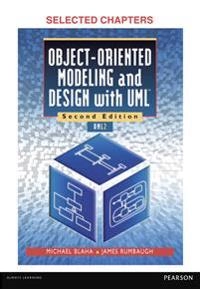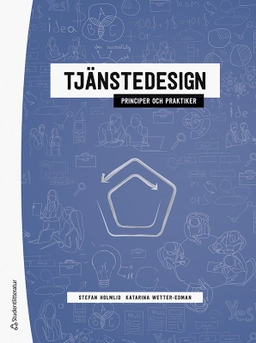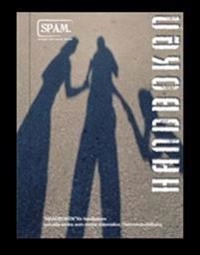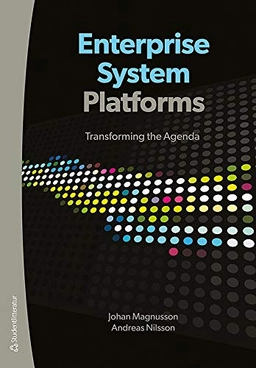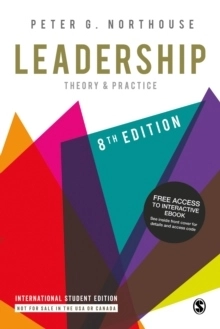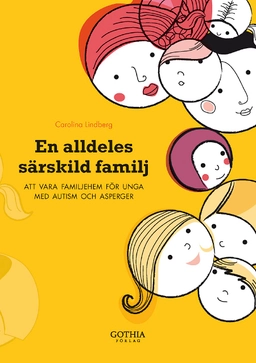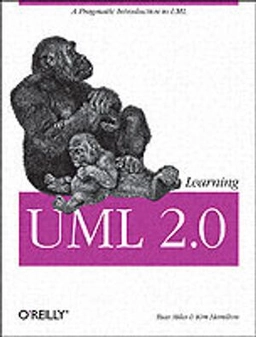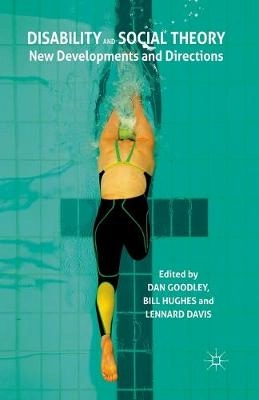

Disability and social theory : new developments and directionsUpplaga 1
- Upplaga: 1a upplagan
- Utgiven: 2012
- ISBN: 9781349318230
- Sidor: 348 st
- Förlag: Palgrave Macmillan
- Format: Häftad
- Språk: Engelska
Om boken
Åtkomstkoder och digitalt tilläggsmaterial garanteras inte med begagnade böcker
Mer om Disability and social theory : new developments and directions (2012)
2012 släpptes boken Disability and social theory : new developments and directions skriven av Dan Goodley, Bill Hughes, Lennard J. Davis. Det är den 1a upplagan av kursboken. Den är skriven på engelska och består av 348 sidor. Förlaget bakom boken är Palgrave Macmillan som har sitt säte i London.
Köp boken Disability and social theory : new developments and directions på Studentapan och spara uppåt 68% jämfört med lägsta nypris hos bokhandeln.
Referera till Disability and social theory : new developments and directions (Upplaga 1)
Harvard
Oxford
APA
Vancouver
